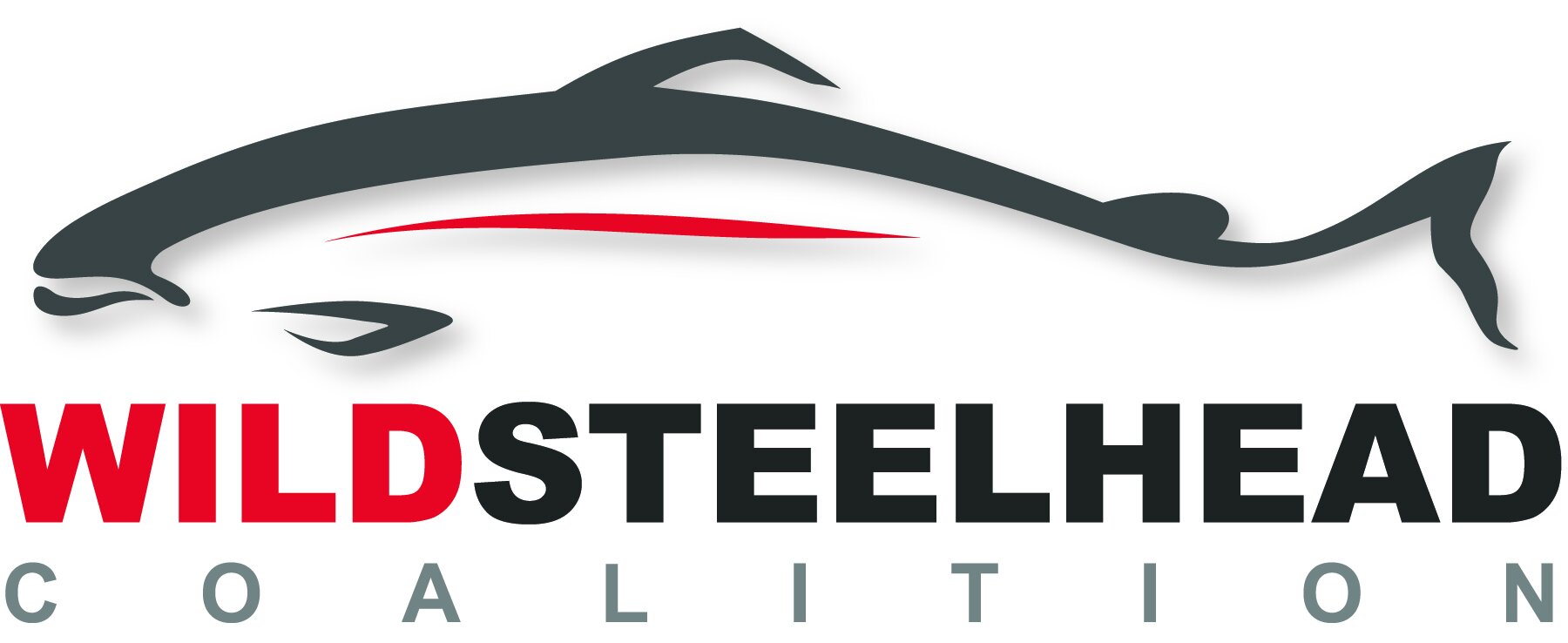Statement on possibility that Skagit steelhead fishery may be cut in 2020
Wild Steelhead Coalition urges WDFW to keep popular catch and release fishery open, calls on legislators to fully fund Fish and Wildlife.
“We’re deeply disappointed to learn that the Washington Department of Fish & Wildlife is planning to cut the iconic Skagit River steelhead season,” said Rich Simms, Wild Steelhead Coalition co-founder and boardmember, and a member of WDFW’s Puget Sound Steelhead Advisory Group.
“Sustainable angling is a powerful tool for building support for conservation,” said Simms. “While we recognize the difficult budget situation the Department faces and strongly support Olympia ending the underfunding of our fish and wildlife, we believe WDFW should do everything possible to keep the Skagit catch and release steelhead fishery open.”
WDFW Director Kelly Susewind notified stakeholders of this looming cut in an emailed budget update on Thursday, May 30, saying that due to continued budget deficits from the state legislature, “the current Skagit catch and release fishery will not receive funding and thus that opportunity will be eliminated. Puget Sound salmon monitoring is reduced and, depending on outcomes of discussions with co-managers and NOAA fisheries, could result in reductions to planned fisheries.”
The agency currently faces an approximately $21 million deficit during the 2019-20 budget cycle. During their Friday, May 31 conference call, Washington’s Fish and Wildlife Commission discussed the Skagit River catch and release steelhead fishery and several commissioners expressed support for maintaining it despite the budget situation due to popular support for this sustainable fishery.
With fairly strong returns of wild winter and spring steelhead in recent years, the mighty Skagit provides a unique opportunity for anglers to catch and release these iconic fish without extensive travel. Since 2014, the Wild Steelhead Coalition worked with the Occupy Skagit movement and other local anglers to reopen this storied fishery, which is a major economic engine for communities such as Concrete and Rockport and a centerpiece for the steelhead community.
“Losing this fishery once again after only one full fishing season would be a bitter pill to swallow, especially given the hard work of so many steelhead advocates, many of whom support fish and wildlife funding and other conservation programs,” said Simms.
The Wild Steelhead Coalition strongly supported WDFW funding in Olympia during the 2019 legislative session, including modest license fee increases. A few groups opposed those fee increases because of contentious issues and discontent with the Department despite the results of a recent audit showing satisfactory management and performance.
The potential loss of the Skagit steelhead season should send a loud and clear message to Washington’s angling community that we must unite and fight for full funding of WDFW. While fishing, hunting, conservation and recreation organizations may well have grievances over specific issues or decisions made by the agency, as was seen this past winter on the Columbia River, we cannot allow local complaints to jeopardize outdoor opportunity and fish and wildlife statewide. Doing so is short-sighted and counterproductive for anglers and all Washingtonians.
“We all depend on WDFW being successful,” said Simms. “It’s time for us to put our quarrels aside and unite to fight for retaining the Skagit catch and release season, and for fully-funding our Department of Fish and Wildlife during the 2020 legislative session in Olympia.”
“Fishing and hunting opportunities and our rich natural heritage drive our quality of life in Washington, and we task WDFW with stewarding these resources. The Department must have the funding it needs to keep the Skagit open and strengthen our fisheries across the state.”
Founded in 2000 by passionate steelhead anglers and conservationists, the Wild Steelhead Coalition is a local grassroots nonprofit organization dedicated to increasing the return of wild steelhead to the waters of the West Coast. The group’s board members and staff participate in a variety of steelhead advocacy programs, habitat restoration projects such as work with tribes and businesses on the Skagit River’s Barnaby Slough, and are represented in a variety of state and federal roundtables.

